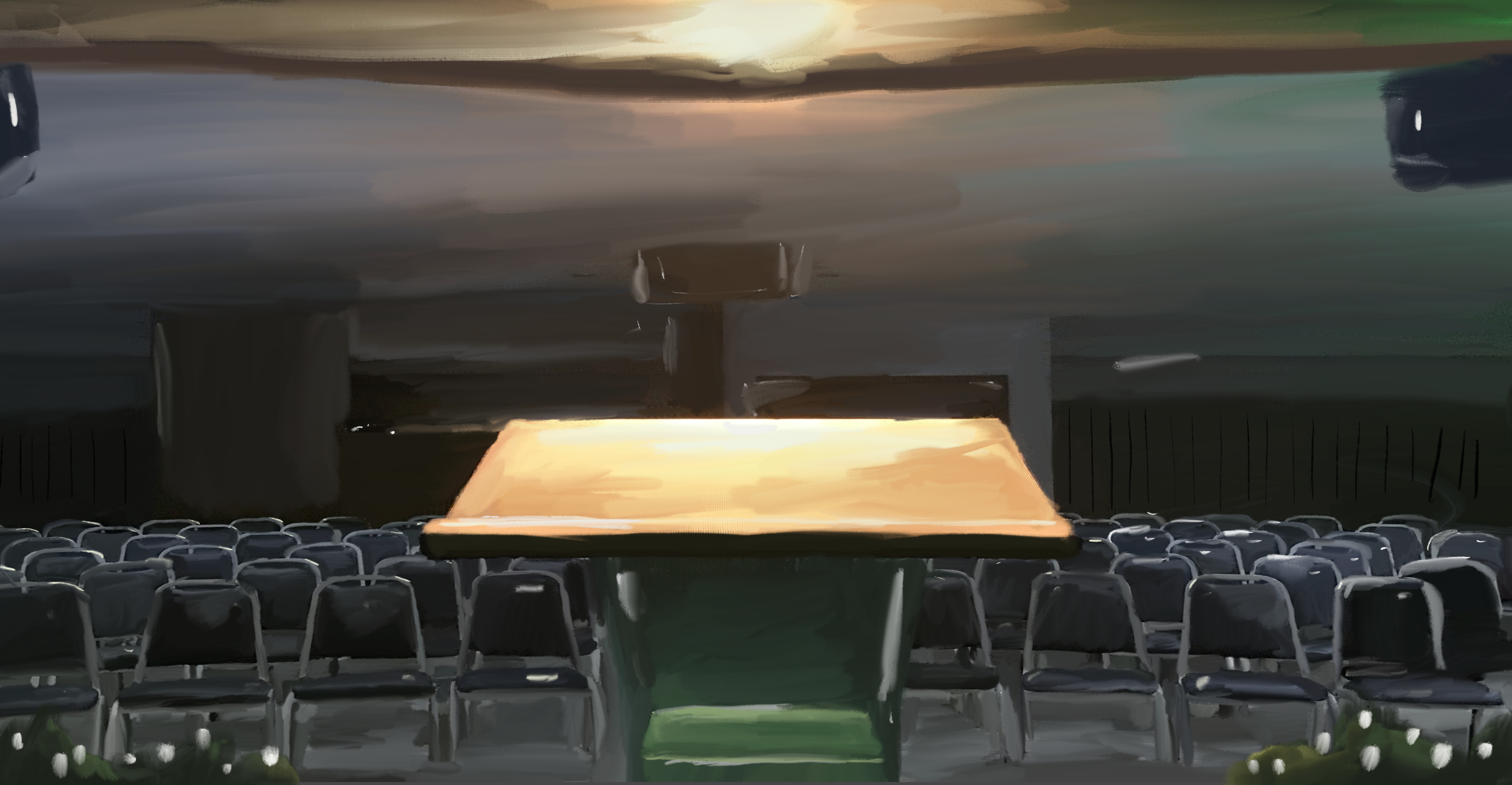
God’s Plan for Man
Epistle to the Hebrews - Part 4 • Hebrews 2:5-18 • September 27, 2020 • English Service 10:00 AM
Sermon Introduction
The author of Hebrews emphasized that Christ is better than the prophets, and He is superior to angels. Furthermore, the author declared that the Son of God is also God, for God called His Son, God. Yet this God, for a season, made Himself lower than the angels through a human form. The Word of God became flesh and blood that He may suffer, die, and rise again. Thus, He brought many into glory, calling them His brothers and sisters. Previously, the writer of Hebrews warned against neglecting so great a salvation and the consequences that follow it. Thus, nobody should reject the gospel. The writer further expounded on God’s plan for all whom He sanctified in Christ.
Hebrews 2:5-18 NASB
5 For He did not subject to angels the world to come, concerning which we are speaking. 6 But one has testified somewhere, saying,
“What is man, that You remember him?
Or the son of man, that You are concerned about him?
7 “You have made him for a little while lower than the angels;
You have crowned him with glory and honor,
And have appointed him over the works of Your hands;
8 You have put all things in subjection under his feet.”
For in subjecting all things to him, He left nothing that is not subject to him. But now we do not yet see all things subjected to him.
9 But we do see Him who was made for a little while lower than the angels, namely, Jesus, because of the suffering of death crowned with glory and honor, so that by the grace of God He might taste death for everyone.
10 For it was fitting for Him, for whom are all things, and through whom are all things, in bringing many sons to glory, to perfect the author of their salvation through sufferings. 11 For both He who sanctifies and those who are sanctified are all from one Father; for which reason He is not ashamed to call them brethren, 12 saying,
“I will proclaim Your name to My brethren,
In the midst of the congregation I will sing Your praise.”
13 And again,
“I will put My trust in Him.”
And again,
“Behold, I and the children whom God has given Me.”
14 Therefore, since the children share in flesh and blood, He Himself likewise also partook of the same, that through death He might render powerless him who had the power of death, that is, the devil, 15 and might free those who through fear of death were subject to slavery all their lives. 16 For assuredly He does not give help to angels, but He gives help to the descendant of Abraham. 17 Therefore, He had to be made like His brethren in all things, so that He might become a merciful and faithful high priest in things pertaining to God, to make propitiation for the sins of the people. 18 For since He Himself was tempted in that which He has suffered, He is able to come to the aid of those who are tempted.
Notes
The author of Hebrews emphasized that Christ is better than the prophets, and He is superior to angels. Furthermore, the author declared that the Son of God is also God, for God called His Son, God. Yet this God, for a season, made Himself lower than the angels through a human form. The Word of God became flesh and blood that He may suffer, die, and rise again. Thus, He brought many into glory, calling them His brothers and sisters. Previously, the writer of Hebrews warned against neglecting so great a salvation and the consequences that follow it. Thus, nobody should reject the gospel. The writer further expounded on God’s plan for all whom He sanctified in Christ.
God planned that man would administer the world to come, not angels. The author quotes Psalm 8 to prove his point. Although God made man lower than the angels, God appointed His creation to be subject to man, yet we do not see this yet (2:5-8). What we see is Christ and His finished work on the cross, which is our hope.
The fulfillment of Psalm 8 is in Christ. The Word became flesh (man). Then Christ tasted suffering and death for everyone. Through which He brought many sons into glory. Both the sanctifier, Christ, and those who are sanctified, God’s chosen, are from the Father; thus, Christ calls them brothers (2:9-13).
Christ had to become man so that He might defeat death and the devil through His death. The Son of God came to help man, not angels. He needed to suffer temptation so that He could come to our aid who experience temptation. He is our merciful and faithful high priest (2:14-18). His death was sufficient for all but efficient only to those who have faith in Him. Not everyone will benefit from His victory because they do not follow Him.
Application
By faith, let us look forward to the completion of God’s plan for humankind. He planned that the world to come would be subject to man, not angels. However, it is not about all humans, but those sanctified in Christ.
Let us offer thanksgiving to God about His suffering, death, and resurrection. Christ is from God. If our lives are set apart for God, then we are born of God, not of men. Christ calls us brothers and sisters.
Trust in our only High Priest who intercedes for us and helps us when we face temptation. Let us understand that He defeated death and the devil. There is no need to fear both if we are in Christ. But if you have doubts about your salvation, call on His name in repentance and faith. Ask God to give you a new heart.
Discussion Questions
What is God’s plan for man?
How is this plan fulfilled?
How does the text fit in the theme that Christ is superior to the angels?
Why should true believers not fear death and the devil?



